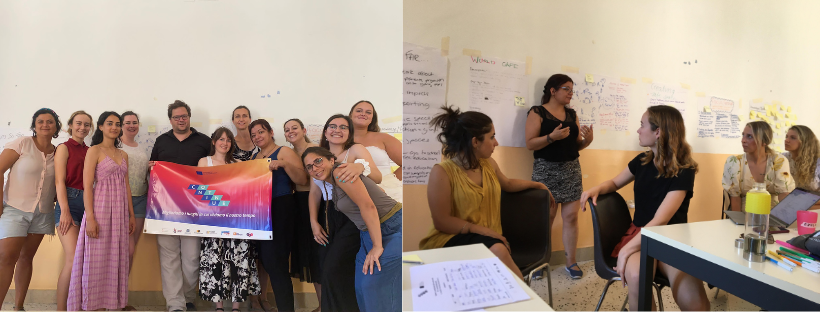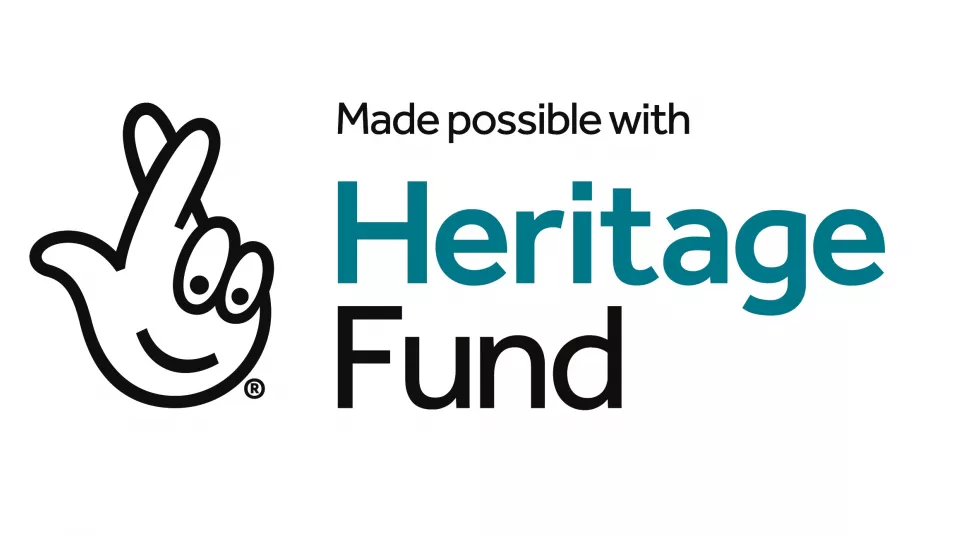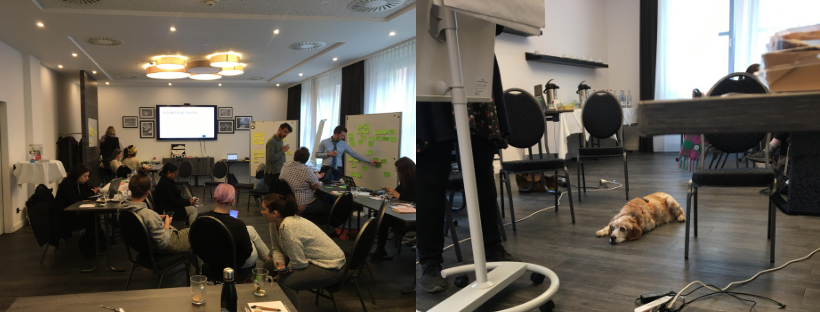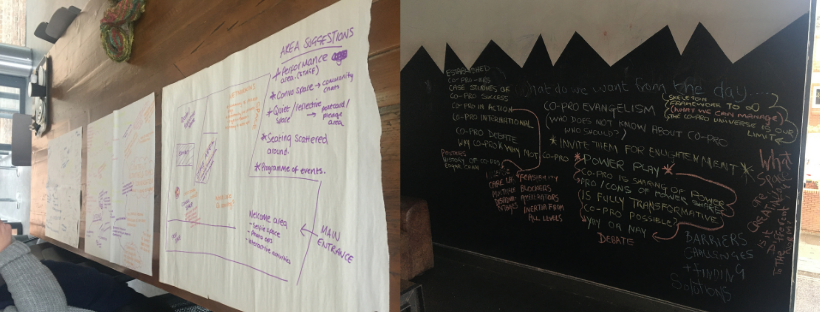CONTINUE PROJECT: KNOWLEDGE EXCHANGE EVENT
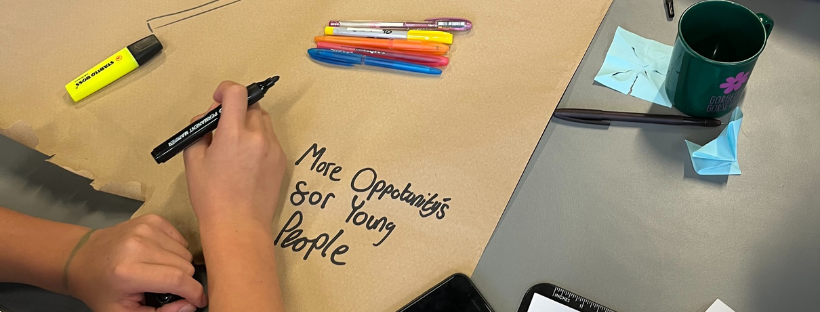
On Wednesday PVM hosted a Knowledge Exchange Event at Gorse Hill studios in Stretford, Greater Manchester, as part of the CONTINUE Project.
Young people, youth workers, staff from Gorse Hill and other community organisations came together to discover the learnings from the project so far and develop policy recommendations to benefit the lives of young people.
“Living in an area that sees lots of tourists – what’s here for us?”
During the workshop, groups worked together to brainstorm ideas and create a vision for what they’d like to see in their community in the form of community maps. These ideas are going to feed into a policy briefing which will summarise the findings of the session and set out a clear list of recommendations to local decision makers.
Some key themes that emerged from the discussions include…
- Parks and public spaces lack facilities for older young people (aged 13+) – equipment should be installed to make these spaces more inviting to this age bracket e.g. a skate park, parkour course or outdoor gym equipment
- Litter is an issue in the local area – providing more bins would improve this problem
- Poorly lit streets & areas can be scary for young people – having more streetlights would help young people feel safer
- Local stadiums and venues attract tourists and visitors from outside of the community who don’t always respect the local area – what can be done to provide people with a space they feel is built for the local community
Outside of the project, Gorse Hill Studios have scheduled to meet with local MP Kate Green to discuss how they can continue to work on influencing policy change in their community. They have also been invited to take part in a project – PLACEHOLDERS – which is looking into how young people’s voices can be included in the co-design and creation of spaces in the area like Stretford Mall.
It looks as though the work that has been done so far will continue to develop into the future – stay tuned for further updates and the release of the policy briefing!
